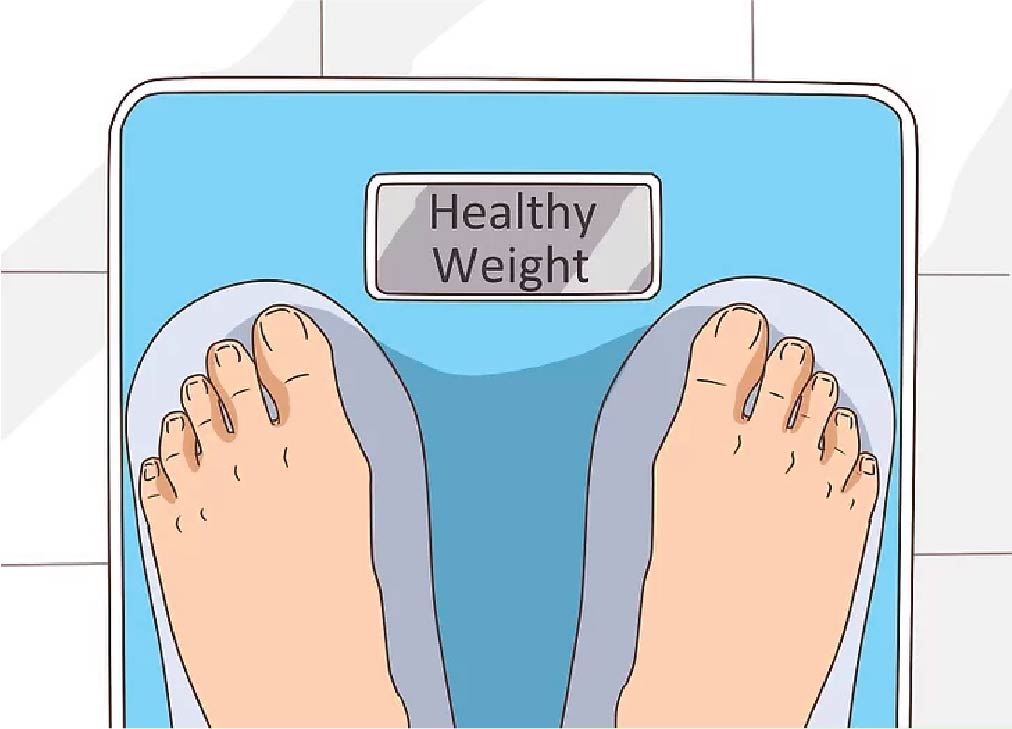Introduction
There are different methods of weight management. Some are healthy while others are not healthy. This webinar will focus on the healthy ways of managing weight such healthy diet, physical activities & exercise, stress management and adequate sleep. The information you would get from this programme are based on good quality research.
Irrespective of your weight goal you need to evaluate dietary intake & physical activity, identify aspects that need to be changed, formulate specific goals to do this, evaluate personal characteristics and life skills needed to succeed, improve where necessary, formulate goals to do this, implement actions to reach your weight management plan.
What is weight management?
Dealing with an imagined or actual overweight problem. Some people who wish to lose weight may not need to lose weight at all. You should aim at BMI being within the normal range. Some people may even need to gain weight
Water Therapy: Drink 2.5 liters of water daily to manage your weight. When you feel hungry, drink water first. It will prevent you from eating unnecessarily and aid digestion. When the digestive system works smoothly, it supports weight management.
Healthy Diet: This is the most important measure for good health and weight management. This method is not telling you to starve but to eat foods that would supply nutrients needed by the body without causing any harm.
Consume two servings of fruits and at least 3 servings of vegetables daily. Combine whole grains and legumes. Limit carbohydrate rich foods. Limit the quantity of all food generally to what is just enough to satisfy your hunger. Reduce animal products & fat. Choose fish and skimmed milk instead of red meat.
Physical activities and exercise: Use every opportunity you have to engage in physical activities and exercise. Exercise is important for everyone no matter your weight goal. Even if you just want to maintain your weight, the amount of food needed to supply adequate nutrients to your body would contain excess energy that requires exercise to burn. You need 1 hour of moderate exercise (at the rate of 6 km per hour) to burn 276 calories.
Stress Management: Stress is severe psychological or physiological tension. Stress can be good (called “eustress”) when it aids performance but “Distress” when it causes upset or sickness or weight gain.
When someone is stressed, certain hormones are produced which increase the amount of glucose in the blood. If this does not get burnt through physical activities, it gets deposited as fat.
Learn to focus on what makes you feel clear, calm and collected. Avoid elevated adrenalin levels unless you are in an emergency. Avoid negative emotional habits. Substitute negative thinking with positive ones. Make time for fun and relaxation.
Identify the sources of stress in your life and deal with the stressful situations. You may need to avoid, alter, adapt, or accept the situation.
Learn to rest well. Sleep for eight hours at night. Have a sleep routine, dark room and clear mind. If you don’t sleep well, you release more gruelin which fuels hunger and less leptin which regulates satiety. Rest at least one day in a week and rest during holiday.
How to succeed in weight control: Know that healthy weight Loss is different from fad diets. Don’t skip meals, don’t restrict calories. It takes several years to gain therefore it will take a while to lose.
Conclusion
Drink at least 3 litres of water daily. At least 5 servings of fruits and vegetables. Reduce animal foods. Engage in regular exercise to control your weight.

